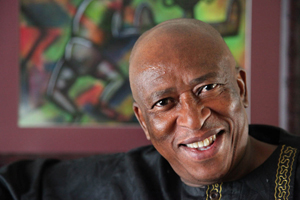

In Mantel’s novel, which was awarded the 2009 Man Booker Prize and adapted into a popular television series, we meet Thomas Cromwell as we’ve never seen him before: the boy who grew up in an abusive home and became a noted adventurer, before he entered the history books.

From the violent Wolf Hall by Hilary Mantel to the revelatory The Spiral House by our own Claire Robertson from the left-field and quirky Days Without End by Sebastian Barry to Zakes Mda‘s feisty Little Suns, historical novels are winning favour with the reading public, and winning important literary prizes. It comes, these days, with attitude and a breathless literary intensity a fire in its belly. I want to suggest that the historical novel, once the preserve of cosseted heroines and doughty heroes, warlike hordes pouring across bleak landscapes on foot or settlers making grim progress in small groups of ox wagons, is back in favour-but it is dressed in new clothes. Again, in my interactions with the members of this club I noticed the titles of many historical novels, by both local and international authors, being bandied about. It is also very young: everyone there was younger than fifty. The Quellerie outing reminded me of another recent presentation of mine, this time to the Literary Alliance, a Johannesburg-based book club that is predominantly female and exclusively black. In my casual interactions with members of the club, both before and after my presentation, I picked up references to other texts they’d read recently, which left me in no doubt that their preference was for books that explore history in new and reflective ways-as I hope mine does. The Mendi was charged with transporting black South Africans to the Western Front during World War I, and on 21 February 1917 more than six hundred drowned in the English Channel when it collided with the mail ship SS Darro.

Which, I suppose, is why they’d invited me to talk about my novel Dancing the Death Drill, which is based on the sinking of the troopship SS Mendi. What struck me about members of the Quellerie Leeskring was the passion they have for historical fiction. I was there to address a vibrant and interesting book club whose membership comprises retired professionals-predominantly women, Afrikaans and white (though people from other groups are welcome). Recently, I found myself in a part of Gauteng, South Africa that I hardly ever visit-the West Rand town of Roodepoort, just outside the ring of highways that enclose Johannesburg.


 0 kommentar(er)
0 kommentar(er)
